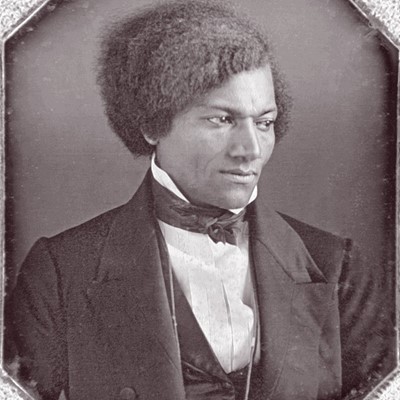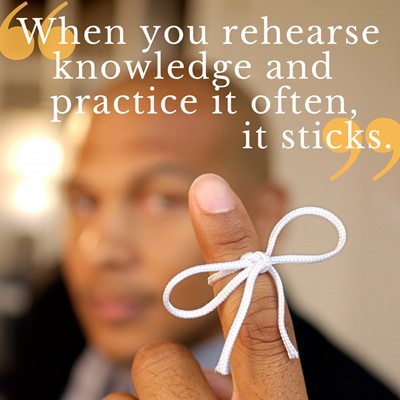
Reid Buckley’s "Strictly Speaking" was published by McGraw-Hill 10 years after Reid founded The Buckley School. Drawing on his decade of work with students, Reid designed it to be used as a reference for any speaking situation, so that a person could read as much or as little as needed. Here's an excerpt on the value of using your personal experience in presentations.
"Ghosts are good stuff, like buried treasure. You may have to dig for both into your past."
– Reid Buckley on using personal experience in speeches
Personal Experience is the Mother Lode
Odd, peculiar, singular, inexplicable, revelatory personal experiences never fail to intrigue audiences, assuming that they are truly odd, peculiar, singular, inexplicable, or revelatory - and that they are well-told.
Most of us think of ourselves as leading humdrum existences. We undervalue our experiences because they are so familiar to us or because we have told them so often to family and friends.
But these are the anecdotes that strike responsive chords, that are most authoritative and carry the highest veracity, that are original, and whose suggestiveness requires no more than the ruminative mental exertion of the speaker to develop.
Sweat, Blood and Tears: Surpassing Yourself
Which does not require that you be a born raconteur or short story writer.
Okay, such natural graces help. But if you are not marvelously gifted in this fashion, the way to achieve what you want is
1) to tie your experiences to a narrative line or to an intellectual point, and
2) concentrate not on how best to tell the episode but how best it fits into your theme or how, in itself, it makes, suggests, or illuminates the point.
Ask, Why has this story or incident stuck in my memory? What is its meaning?
What does your experience tell you about yourself, life, the human condition?
Why is it significant...or as haphazard and emptily boring as the relation of a dream, best stuffed in a drawer with the socks?
Which can be an obstacle.
On the tongues of some people, personal experiences are best forgot among the socks.
The danger of relying on them as a talk's main bill of fare is that, at the mercy of a second-rate intelligence and third-rate sensibility, they are likely to be rendered in shallow, trite, mundane terms. They become smug, dull, or embarrassing.
Should you fear that this may be the case with you, then you must borrow.






